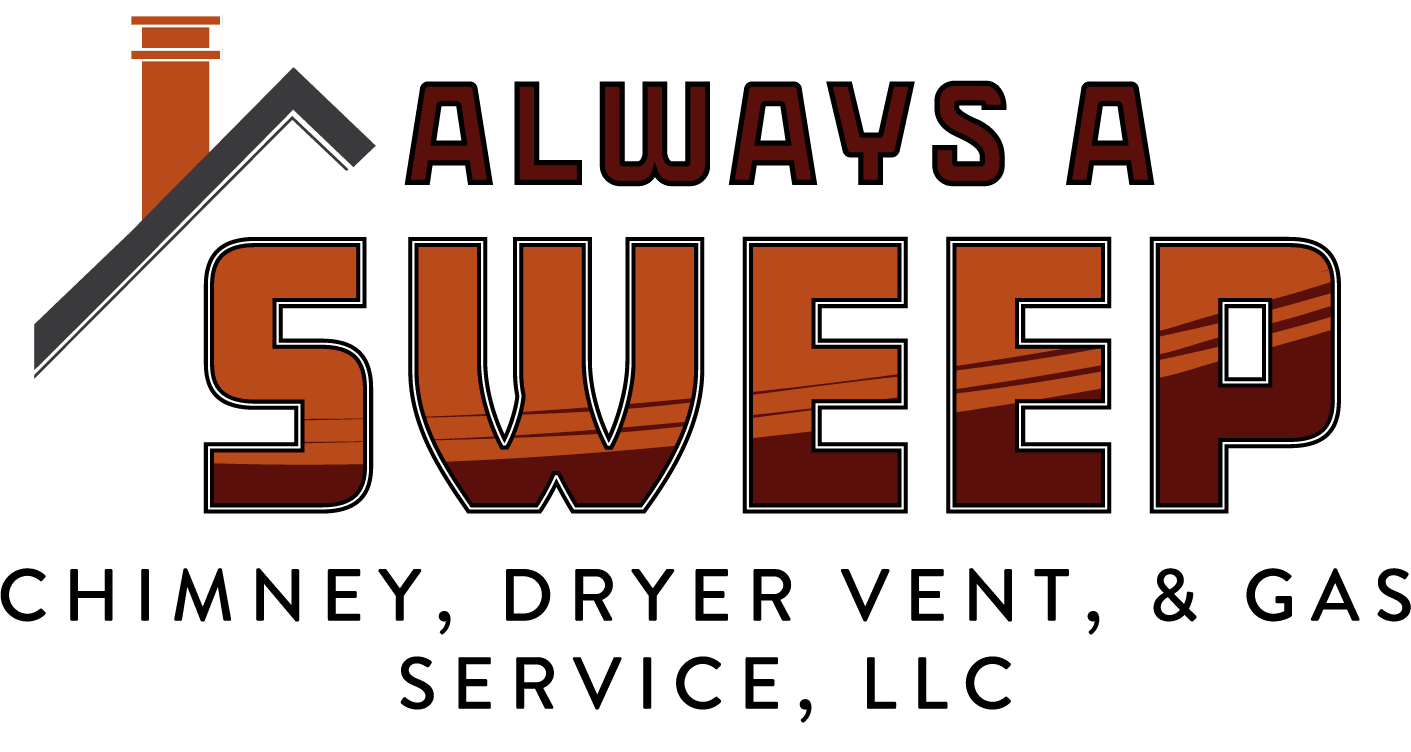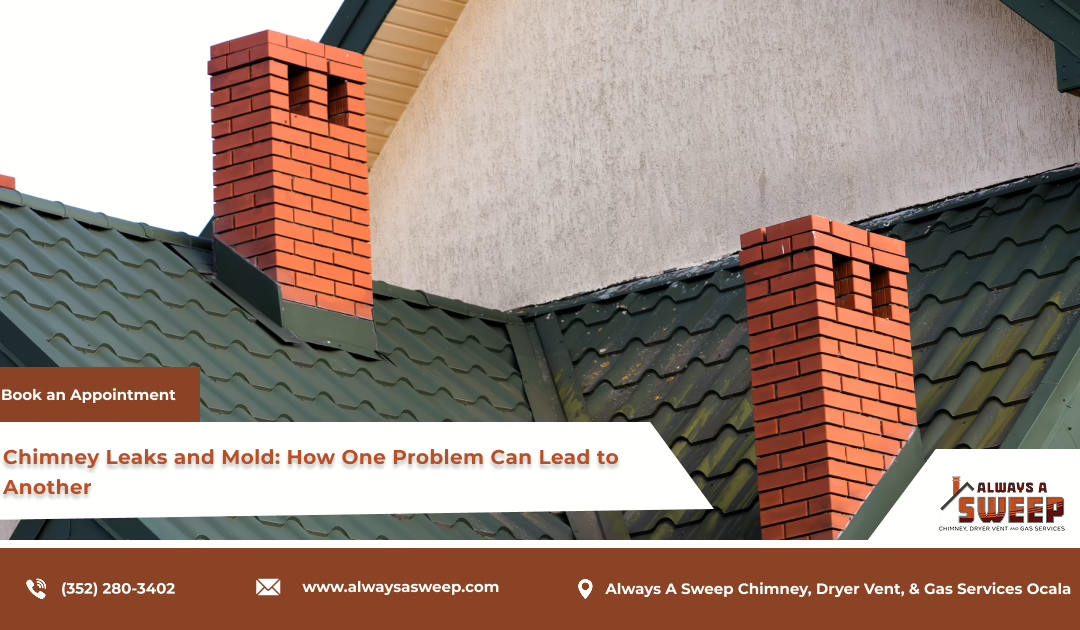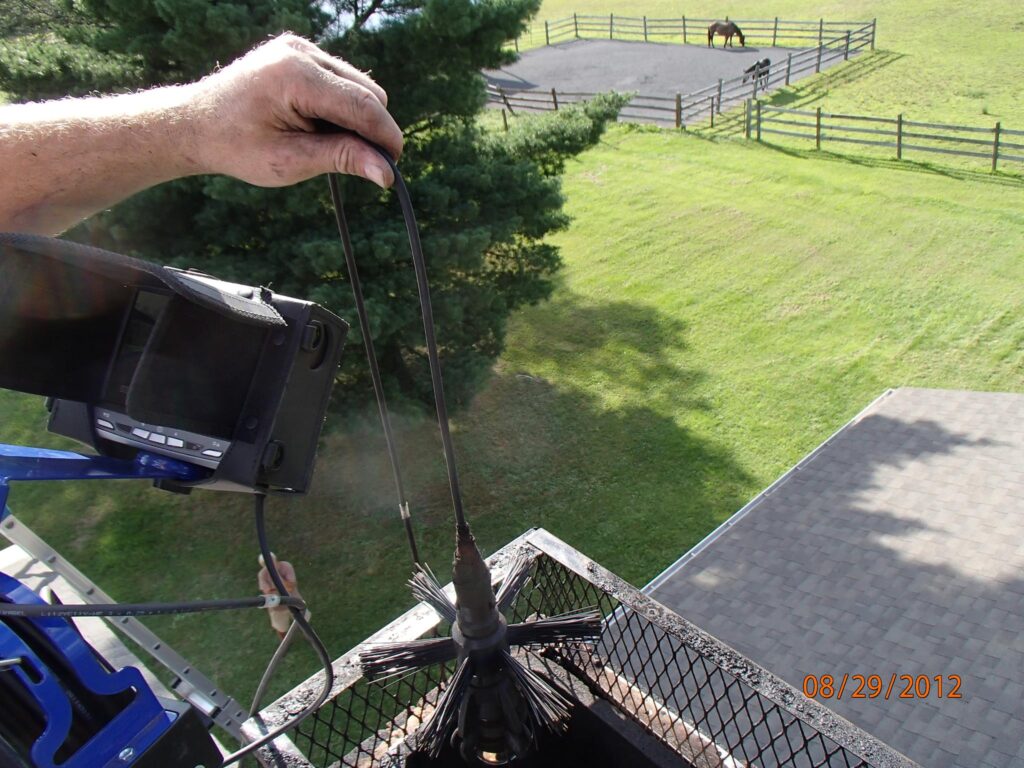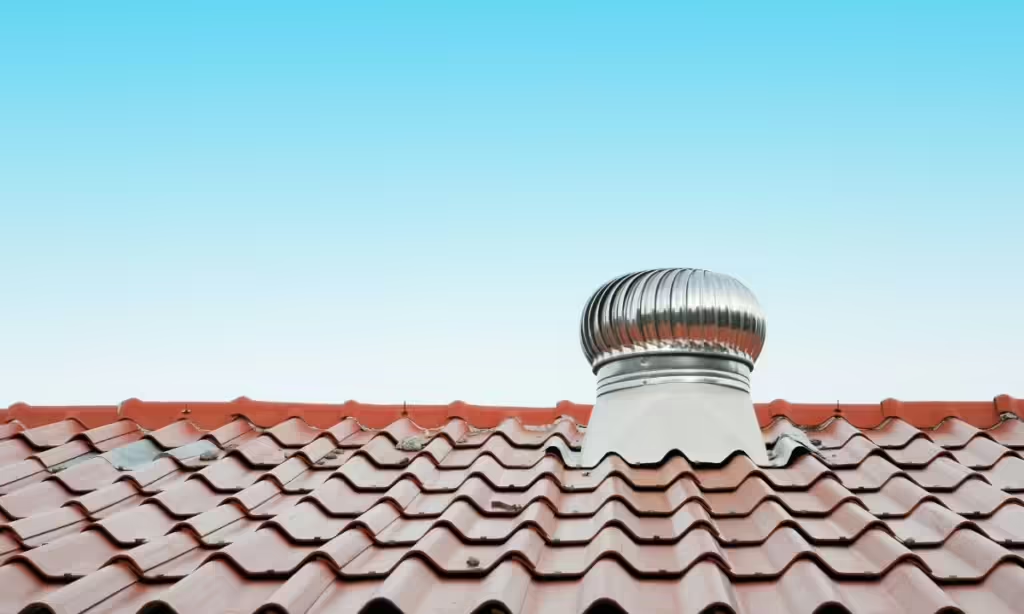After a heavy storm, you might notice unexpected water damage around your chimney. A leaky chimney after severe weather is a common problem many homeowners face. Storms can cause a variety of issues, from minor chimney leaks to significant structural damage. Ignoring these issues can lead to mold growth, compromised chimney integrity, and even water infiltration into your home.
In this blog, we’ll discuss the reasons why chimney leaks occur after a storm, the warning signs to watch out for, and effective solutions to fix the problem. Plus, we’ll explain how Always A Sweep can help protect your chimney from future weather-related damage.
Why Do Chimneys Leak After a Storm?
Storms can expose vulnerabilities in your chimney’s structure, leading to leaky chimney issues. Understanding the root causes helps in both prevention and repair. Here are some of the most common reasons why your chimney might start leaking after a storm:
1. Damaged Chimney Cap
The chimney capserves as the first line of defense against rain and debris. A severe storm can dislodge or damage the cap, allowing rainwater to enter directly into the flue.
Why It Matters:
Without a secure chimney cap, moisture can quickly accumulate inside, leading to mold in chimney and water damage.
Quick Fix:
Inspect your chimney cap after a storm and replace or repair it if necessary. Installing a durable, weather-resistant cap can prevent future leaks.
2. Cracked Chimney Crown
The chimney crown is the concrete or mortar top that seals the chimney. Heavy rains, hail, or falling debris during a storm can cause the crown to crack, creating a direct pathway for water.
Why It Matters:
Cracks can worsen over time, allowing water to seep into the brick and mortar, leading to damp chimney issues.
Quick Fix:
Apply a waterproof sealant to small cracks. For significant damage, contact Always A Sweep for professional crown repair.
3. Faulty Flashing
Flashing is the metal barrier that seals the gap between your chimney and roof. A storm can loosen or damage the flashing, especially if high winds or falling branches are involved.
Why It Matters:
Loose flashing allows water to leak into your home, causing both chimney leaks and roof damage.
Quick Fix:
Temporarily seal the gap with roofing cement, but schedule a professional flashing repair for a long-lasting solution.
4. Masonry Damage
Storms can wear down the brickwork and mortar joints on your chimney. Water can seep through weakened spots, causing leaks and promoting mold growth.
Why It Matters:
Over time, water infiltration can lead to spalling, where the surface of the brick flakes off, compromising structural integrity.
Quick Fix:
Inspect the masonry for loose bricks or cracked mortar. Repointing or applying a water-repellent sealant can help protect the structure.
5. Clogged or Damaged Gutters
If your gutters are clogged, water can back up and seep into the chimney where it meets the roof. Storms can dislodge guttering or fill it with debris, causing water to overflow.
Why It Matters:
Pooling water near the chimney base can lead to interior water damage and chimney mold issues.
Quick Fix:
Clean your gutters regularly, especially after a storm, to ensure proper drainage.
6. Condensation Issues
After a storm, excess moisture in the air can increase condensation inside your chimney, particularly if it lacks a proper liner. This can result in moisture collecting inside the flue.
Why It Matters:
Condensation leads to mold in the chimney, which can damage the flue liner and cause respiratory issues for your family.
Quick Fix:
Install a chimney liner and improve ventilation to reduce condensation.
Signs Your Chimney Leak Is Caused by a Storm
Sometimes, the aftermath of a storm doesn’t immediately reveal a leaky chimney. Here are some signs that your chimney might be compromised:
1. Water Stains on Walls or Ceilings
If you notice brown or damp spots around your chimney or near the fireplace, it indicates water infiltration.
2. Musty Smell Near the Fireplace
A persistent musty odor can indicate that moisture is trapped inside the chimney, often due to storm damage.
3. Crumbling Mortar
If the mortar around your chimney appears to be crumbling or flaking after a storm, it’s likely due to water damage.
4. Rust on Metal Components
Storm moisture can cause metal components, like the flashing or damper, to rust. This corrosion indicates that water has seeped in.
5. Mold Growth Near the Chimney
If you see mold appearing on walls or the chimney itself, it’s a clear sign of excess moisture, often stemming from storm damage.
DIY Fixes vs. Professional Chimney Repair
While minor leak fixes can be addressed with DIY methods, post-storm damage often requires professional attention.
DIY Solutions:
- Apply roofing cementto temporarily seal flashing gaps.
- Use a waterproof sealanton small cracks in the chimney crown.
- Clean gutters to ensure proper drainage.
Why Choose Professional Help:
- Thorough Inspection:Identifying hidden damage.
- Professional Flashing Repair:Ensures long-term leak prevention.
- Masonry Restoration:Proper repointing and sealing techniques.
- Waterproofing:Applying a durable, weather-resistant coating.
How Always A Sweep Can Help
At Always A Sweep, we specialize in post-storm chimney inspection, leak detection, and repair. Our experienced technicians will assess your chimney, pinpoint the source of leaks, and recommend reliable solutions to protect your home.
Our Services Include:
- Comprehensive chimney inspectionto identify storm-related damage.
- Flashing repairand replacement to seal gaps.
- Chimney cap installationto prevent water entry.
- Masonry repairand waterproofing to reinforce chimney structure.
- Professional mold remediationto tackle any resulting mold growth.
Our goal is to restore your chimney to its optimal condition and ensure it withstands future storms.
Schedule Your Post-Storm Inspection Today
If your chimney has recently been exposed to a severe storm, don’t wait for damage to worsen. Contact Always A Sweep toschedule a professional inspection and secure your home against leaks and mold.
A small leak today can become a significant problem tomorrow. Protect your chimney and your home by choosing Always A Sweepfor your chimney maintenance needs.




